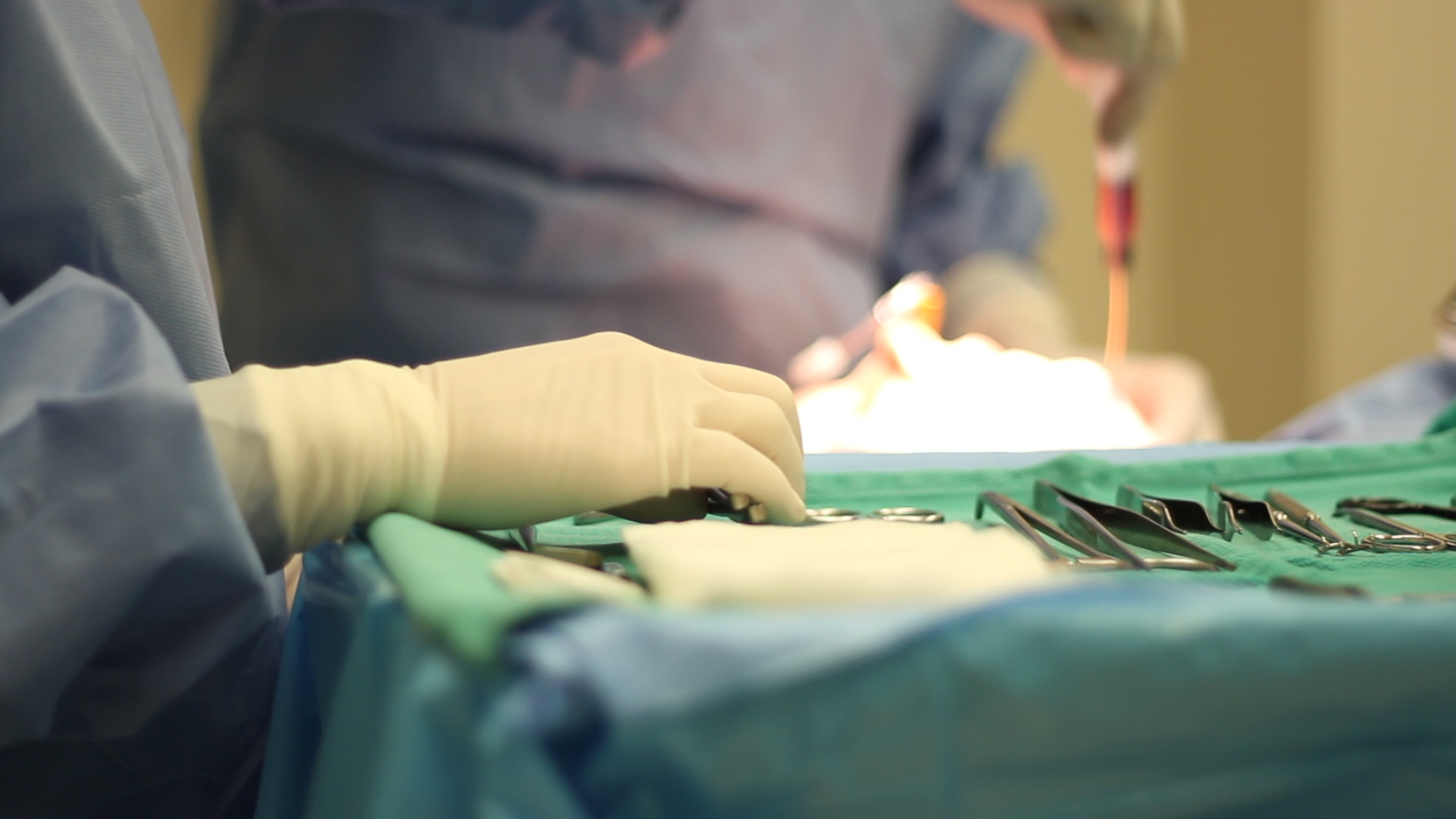
It’s what surgical patients have been waiting for, for years…
By Carolynn Grimes
ThePlasticSurgeryChannel.com
We talked to Dr. Richard Baxter, a board certified plastic surgeon in Seattle, Washington about a revolutionary medication that provides prolonged pain relief to surgical patients. The new medication is called Exparel, made by Pacira Pharmaceuticals, Inc.
“I think this is a real breakthrough, a real leap forward in how we treat surgical patients; how we deal with surgical pain. It’s been a hundred years since we’ve had any significant new advancement and just the idea that we can block the pain for a period of time after surgery is a huge benefit to patients,” says Baxter.
Relief, in the first few critical days after surgery
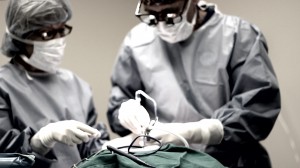
One of his recent breast revision patients is Kathy Smith, who has been through breast reconstruction not once, but twice. “In my mid-twenties I was diagnosed with breast cancer. I had found a lump, and they told me it was cancer. I went through a mastectomy with reconstruction and then 21 years later, I was diagnosed with breast cancer for a second time,” says Smith.
Smith says on her second go-around with breast reconstruction, the difference was like night and day, thanks to new developments in controlling pain. “The first surgery I was in the hospital for five days, and the second surgery I was in for two days.”
Quicker Recovery without Narcotics
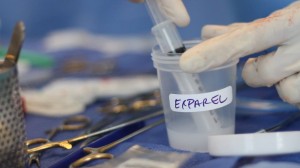
“Getting back to work faster, being able to get out and socialize quicker, it made a huge difference in my recovery,” says Smith. When asked, ‘What would you say to patients who may be afraid of the surgery or the discomfort involved and putting it off?’, Kathy responded, “I would say that it is a temporary, a minimal part of it, not to be afraid.”

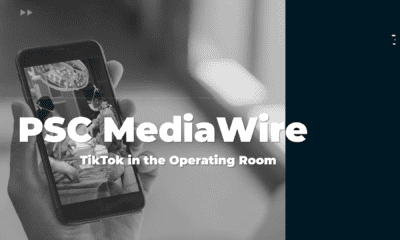


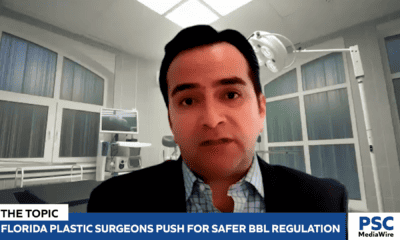
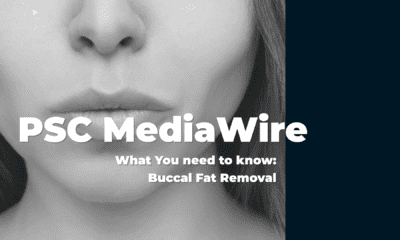








Facebook
Twitter
Instagram
YouTube
RSS